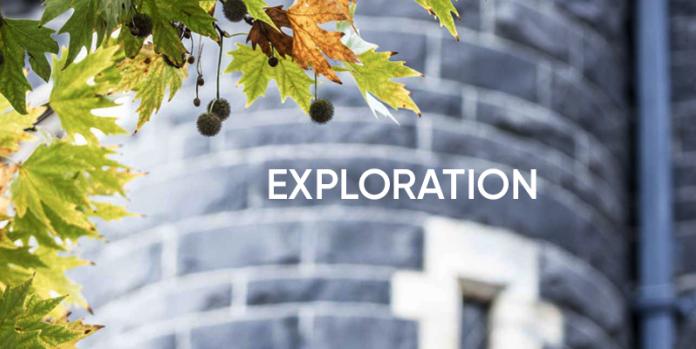Deep learning experiences for our youngest students can even occur in the garden explains Simon Finnigan, Director of Outdoor Education.
In Junior Primary, outdoor education is about much more than preparing to go on the first school camp. For even our youngest students, learning that takes place in nature can enhance and support what happens in the classroom, while also building a lifelong appreciation of the natural world.
For students in Prep, Year 1 and Year 2, outdoor education begins with developing a connection with spaces outside the classroom. These are the years in which we can show students what’s amazing, intricate and precious about their environment through hands-on experiences.
Even a basic science experiment involving water testing is a chance to deepen appreciation for the natural world. As students focus on finding macroinvertebrates such as dragonfly larvae, beetles and snails, we have the opportunity to ask questions like: What has an impact on water quality? And what are the reasons behind that? Seeing and experiencing first-hand the impacts humans have on the natural world and the important roles of everything that makes up our ecosystems is critical from a young age, especially in a time when our environment is under increased pressure.
Along with this strong sustainability aspect, outdoor education also facilitates young students’ first steps towards independence, teamwork and learning by doing. The activities that support this could be as simple as navigating using a mud map, orienteering, packing the right gear to go on a short walk, or working in a group to set up a tent. As teachers, our role here should be to ask facilitatory questions that prompt students to tweak their thinking, encouraging as much experiential learning as possible.
At the moment, we’re seeing increased research into the practice of outdoor learning. Outdoor learning is common across Scandinavia and in the UK, where teachers will intentionally take classes into the outdoors. One aspect of outdoor learning at Junior Primary level is play based learning in nature whereby children have nothing to facilitate their interactions with the environment other than their own imaginations.
So, next time you see our Prep students at Grimwade House rushing towards the sensory garden, remember they are doing much more than looking for the most colourful bug. They are also building an awareness of how the natural world works, how to care for it, and their place within it.
Simon Finnigan Director of Outdoor Education
Related topics
